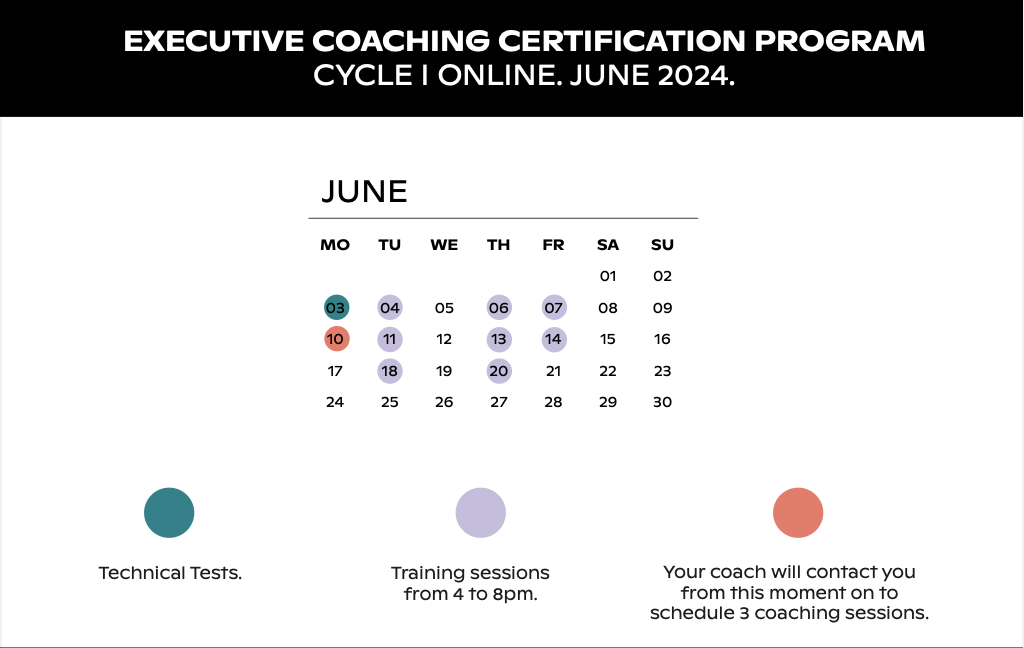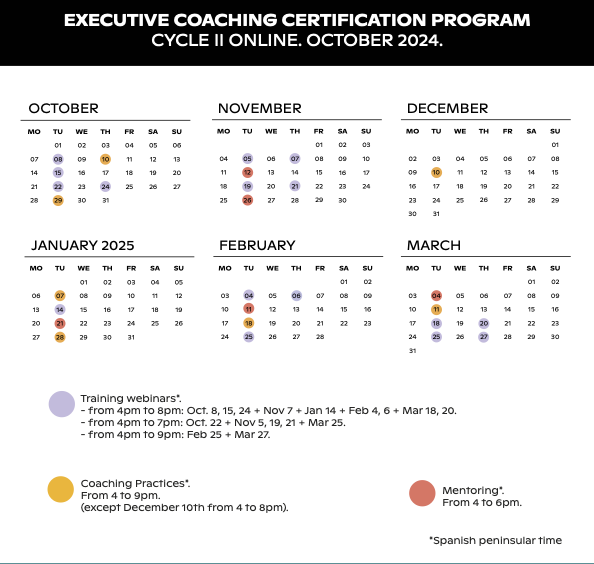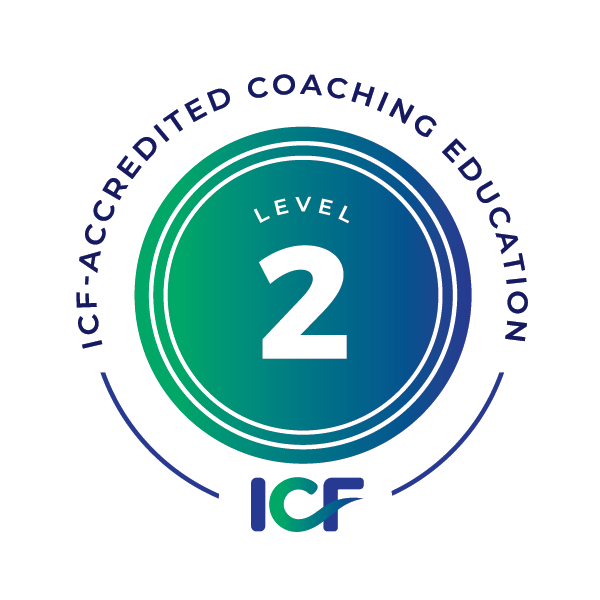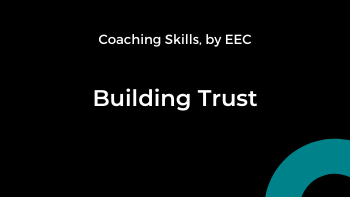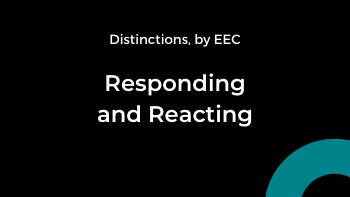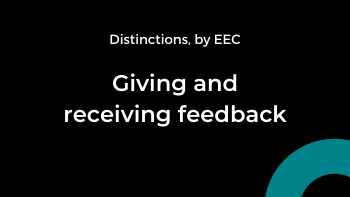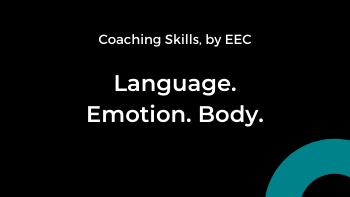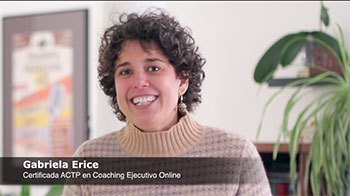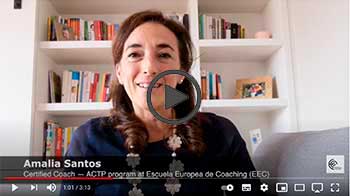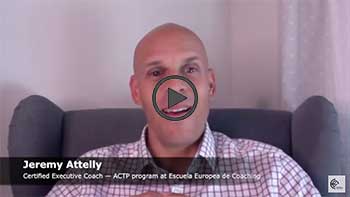This Executive Coaching Certification program is divided in two parts: Cycle I Initiation and Cycle II Certification.
In order to receive the Certification participants must complete both Cycles.
Cycle I: 46 hours: 32 training hours, 6 coaching practices, 8 individual study hours.
Cycle II 150 hours: training webinars, practices, mentoring and 25 individual study hours.
This is how you'll learn and train coaching skills:
1. Theory-based training webinars with experiential activities.
2. Practical training — Coaching practices.
3. Mentoring.
4. Homework and Evaluation Exercises.
1. Theory-based training webinars with experiential activities.
Transformational Leadership
- Key leadership competencies
- Empowerment and Trust
- Responsibility and commitment
Approaching coaching
- Beliefs supporting our actions
- Identifying beliefs to achieve new results
Questions as the foundation of coaching
- Clarifying questions
- Questions to open up new possibilities
- How to influence with questions
Conversational model
Listening as an essential skill
- Listening for transformational leadership
- Conditioned listening and empathetic listening
Non-verbal communication
- Recognizing and acknowledging language, emotion, body language
- Identifying how our communication leads to certain actions
Perception and reality
- Awareness to provide effective responses
- Coordinating with others to gain effectiveness
Decision-making model
- Understanding decision making
- Distinguishing facts and opinions
Building relationships
- Labelling – Influencing
- Feedback and feedforward
- Transforming relationships so they become productive
- Awareness of public image and identity to change relationships
Designing Vision
- Achieving extraordinary goals
- Team commitment – shared vision
- Effective monitoring for sustained changed
- Commitment – Action – Result model
Developing an Action Plan
- Transforming SMART goals into actions
- Essential areas – identifying key conversations for reaching goals
Model for the coordination of action
- Designing effective conversations for possibility, opportunity, and coordination of action
- Making requests and offers to achieve successful results
- Vulnerability as strength
Analyzing conversations
- Identifying elements
- Facts - Opinions
- Assertions
- Commitments
- Requests
- Offers
Judgements
- Grounding judgements
- Language to build reality
Vision building
- Leadership skills to accompany a team vision
- Training vision alignment – expectations – commitments
- Challenging the future and building commitment
Emotions in leader-coach
- The role of emotions in successful action
- Awareness
- Decision making – managing emotions
- Leadership and team emotions
Dealing with extreme circumstances
- Having difficult conversations
- Tools for productive conversations
- Interacting with extreme characters
- Leading as the most valuable tool
Building awareness of ‘presence’ as a potent leadership skill
- Strengthening presence to hold effective conversations
- Providing and receiving authentic feedback
- Reflecting on personal resources and limiting obstacles
2. Practical training — Coaching practices.
- An individual coaching process (you as a client) with a professional coach.
- Practical training (you as a coach) to complete all required coaching sessions with a mentor supervisor.
- Small working teams
- A mentor coach works with each trainee at an individual level
- Aim to gain abilities and practice coaching competencies
- Twelve coaching sessions: six sessions will be supervised in real-time and six will be held privately
- Each session is followed by a session report submitted to the Mentor coach to get their feedback
- Mandatory to comply with ICF requirements
3. Mentoring.
Training sessions to practice core coaching competencies and the ICF competency model.
4. Homework and Evaluation Exercises.
Homework:
- Trainees will complete 3 assignments to work on with their assigned professional coach
- Trainees are to work on 2 assignments to receive feedback from their mentor-coach
Evaluation:
- Written exam, to assess how concepts are being integrated
- Written exam, case-based to be completed at midterm, and final exam at program-end
- Final exam, coaching session as required by ICF.



